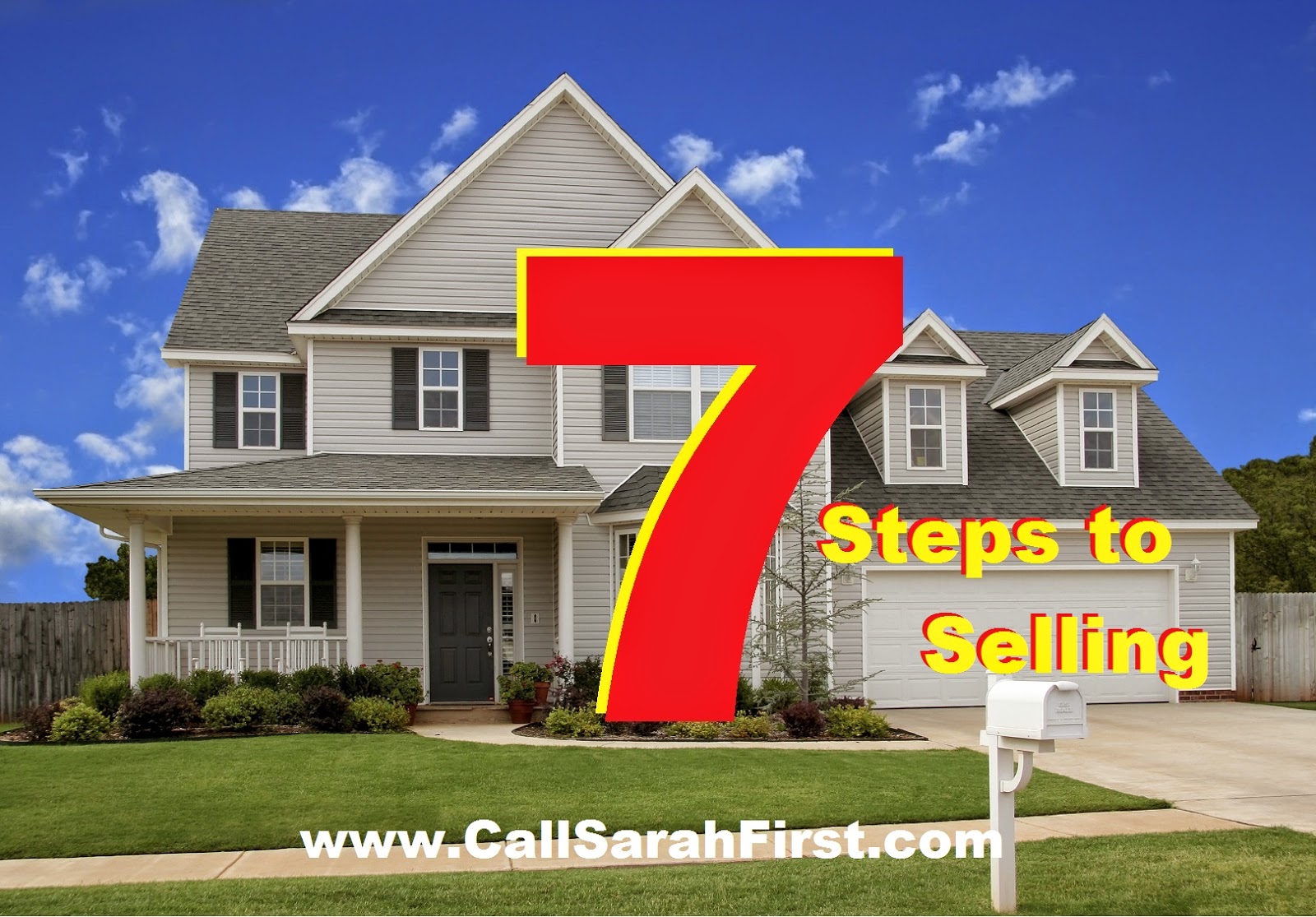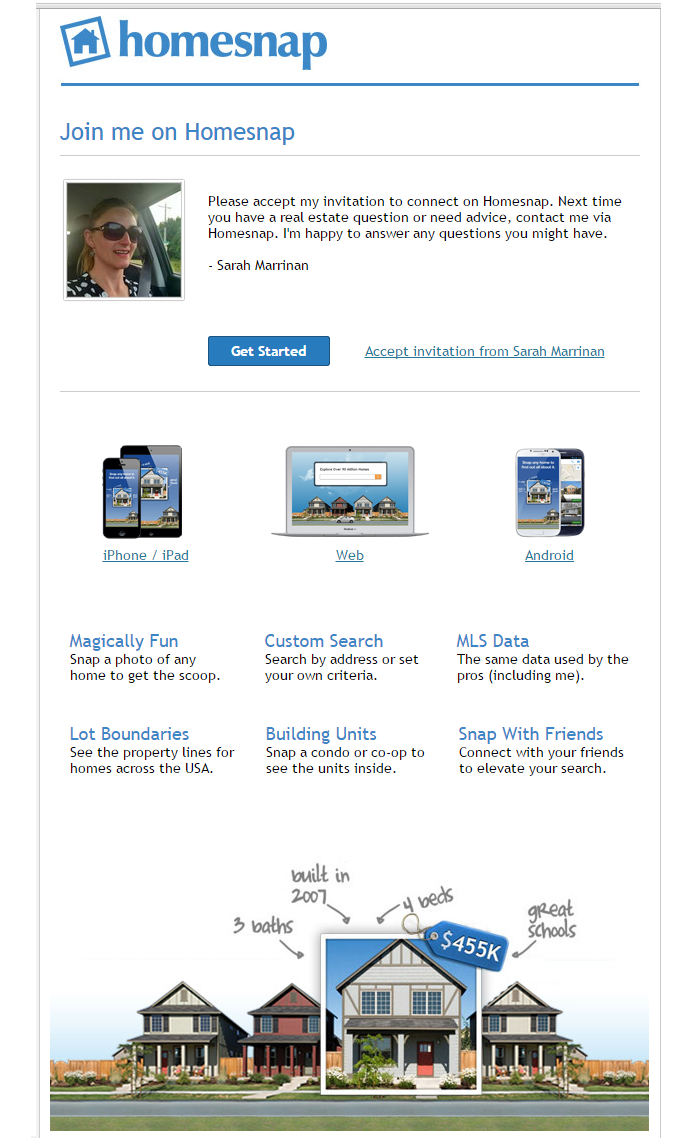Even such basic terms as MLS, Mortgage, REALTOR® and the like are widely misunderstood and misused in everyday speech.
In the interest of clear communication, here are 15 basic real estate terms related to buying or selling a home and what they mean:
1. REALTOR®
A real estate broker or sales associate who is a member of the National Association of REALTORS® headquartered in Chicago. It's possible to have a real estate license, but not be a REALTOR®.
2. MLS
Multiple Listing Service. An MLS is a local organization that collects, compiles and distributes information about homes listed for sale by its members, who are real estate brokers. Membership isn't open to the general public, although most homes listed in the MLS will be distributed to other national websites depending on the listing brokerage. MLSs are local or regional. There is no one MLS covering the whole country. In the Twin Cities metro area, the local MLS is called the Northstar MLS. Since the MLS is generally the first point or entry for a new real estate listing, it contains the most accurate data. Agents can give their clients direct access to MLS listings using "The Portal".
3. Listing
An agreement between a real estate broker and a home owner that allows the broker to market and arrange for the sale of the owner's home. The word "listing" is also used to refer to the for-sale home itself. A home being sold by the owner without a real estate agent isn't a "listing".
4. Brokerage
A real estate brokerage is the agency or office from which real estate agents and brokers work. It's important to know what Brokerage is representing you in your transaction and how your relationship with that agency applies to your transaction. Learn more about the Agency Relationships in Real Estate Transactions.
5. 4B/2B/2Car
Shorthand notation for "four bedrooms and two bathrooms." A "bedroom" usually means a sleeping area with a window and a closet, but the definition varies in different places. A "full bathroom" is a room with a toilet, a sink and a bathtub. A "three-quarter bathroom" has a toilet, a sink and a shower, and a "half bathroom" has only a toilet and a sink.
6. Closing costs
All miscellaneous expenses paid by the buyer and seller when the real estate deal closes. These costs include the brokerage commission, mortgage-related fees, escrow or attorney's settlement charges, transfer taxes, recording fees, title insurance and so on. Closing costs generally are paid through escrow.
7. Contingency
A provision of an agreement that keeps the agreement from being fully legally binding until a certain condition is met. Examples include: Financing Contingency; If the buyer can't obtain financing as stated in the contingency, they may back out of the agreement or Inspection Contingency; The purchase is subject to an inspection acceptable to the buyer
8. Distressed Property
Homes that are classified as distressed properties often include homes in foreclosure, foreclosed, corporated owned/REO/bank owned homes and short sale homes. Click the included links to learn about each.
9. Home Inspection
A thorough inspection by a professional that evaluates the structural and mechanical condition of a property. A satisfactory home inspection is often included as a contingency by the purchaser.
Anything of value that is permanently attached to or a part of real property. (Real estate is legally called "real property," while movables are called "personal property.") Examples of fixtures include installed wall-to-wall carpeting, light fixtures, window coverings, landscaping and so on. Fixtures are a frequent subject of buyer and seller disputes. When in doubt, get it in writing.
11. Purchase Agreement
The contract for the purchase of a home, signed by the buyer and seller, containing the agreed-upon price and any other conditions. This may also be known as an agreement of sale, a purchase contract, or a sale contract.
12. Addendum or Amendment
An addendum to a real estate contract or purchase agreement is a document attached to and made a part of the original contract. It can be explanatory, informational or indicate other requirements of the parties that aren't clearly spelled out in the contract. Sometimes people confuse addendum with an amendment, which is a modification later to the terms of an already-accepted contract.
An insurance policy that protects a lender's or owner's interest in real property from assorted types of unexpected or fraudulent claims of ownership. It's customary for the buyer to pay for the lender's title insurance policy.
14. Mortgage
A legal document that pledges a property to the lender as security for payment of a debt. Instead of mortgages, some states use First Trust Deeds.
15. Government and Conventional Loans
A mortgage that is insured by the Federal Housing Administration (FHA) or guaranteed by the Department of Veterans Affairs (VA) or the Rural Housing Service (RHS). Mortgages that are not government loans are classified as conventional loans.
16. Appraisal
A written justification of the price paid for a property, primarily based on an analysis of comparable sales of similar homes nearby. Appraisals are done by licensed appraisers. Appraisals are most commonly ordered by lenders when a buyer is obtaining a new mortgage or a home owner is refinancing a mortgage. Appraisals are generally paid for by the person who will carry the mortgage on the home.
17. CMA
Comparative market analysis or competitive market analysis. A CMA is a report that shows prices of houses that are comparable to a subject home and that were recently sold or pending sale plus houses that are currently on the market or were on the market, but not sold within the listing period (Expired and Cancelled listings). This analysis is generally performed by a real estate agent or broker for a seller that plans to list their home with their brokerage to determine the best listing price and most probable selling price.
Are there other terms you'd like clarified? Just ask!
Nope, I'm not a lawyer, accountant, blah, blah, blah... but you may need some advice relating to these items from those folks!
































